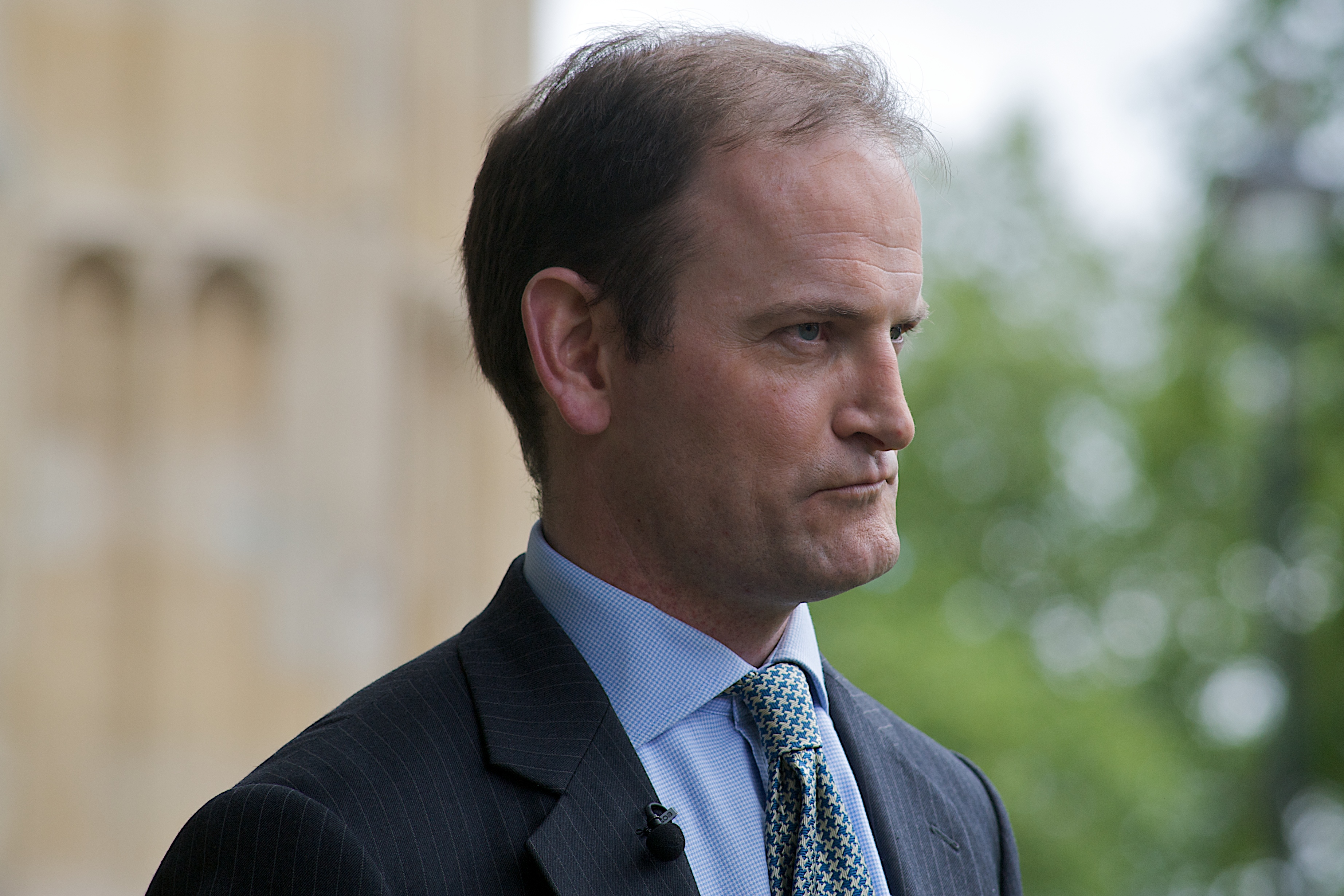The Islamic State, seeking to set up a caliphate in Levant, has been prominent in the headlines over the past months.
However, we live in a world where headlines are no longer our only source of global news, and terrorist groups are able to directly communicate through the internet.
Salman Rushdie judged that the Islamic State sell themselves as “jihadi-cool”, persuading “hundreds, perhaps thousands of British Muslims to join the decapitating barbarians of Isis”. He claims that they use “medievalist language of fanaticism, backed up by modern weaponry”.
The internet is a global platform that has become a modern weapon, changing the nature of terrorism.
Western intelligence sources have confirmed that the leading jihadist groups operating in Syria have sophisticated social media teams, posting and tweeting in English and Arabic. MI5 told The Telegraph that Islamic State had the most sophisticated of such methods.
Michael Zehaf-Bibeau, the man who shot a reservist at the national war memorial in Ottawa, was reported to have read the online posts of a Canadian jihadist who had recently urged his followers to “carry out attacks on Canada”.
Recently, a UK born man, Abu Abdullah al-Britani, posted online: “I’m sure we have more lions roaming around the UK. Get yourself over here”. He was reportedly killed in a Syrian government airstrike.
Twitter began to crack down on terrorist activity on their website, suspending their Twitter accounts. Twitter staff consequently received a slew of death threats from the Islamic fighters.
Videos of the beheadings of British aid workers David Haines and Alan Henning by Isis militants were posted on YouTube, bypassing potential censorship.
While such content is against YouTube policy, and the videos were removed, the message was broadcast and content was duplicated and made available through other sites and means.
Al Hayat Media Centre produced many professionally edited videos endorsing the Islamic State.
Facebook, notably, has struggled in the past over how to deal with violent content including beheadings.
In October 2013 a debate broke out over a clip showing a woman’s decapitation, Facebook initially refused to remove the content but eventually changed its policy. Currently Facebook forbids content that incites violence; or contains nudity or graphic or gratuitous violence.
Conversely, social networks have been used against alleged terrorists; Spanish police arrested 10 people accused of glorifying terrorism and inciting attacks by the Basque group ETA in Twitter and Facebook messages.
Terrorist groups are currently able to recruit people from all around the globe, by broadcasting their rhetoric and actions largely without censorship.
In the past, exposure to terrorists actions would have been filtered through traditional news outlets, with messages lost and discarded along the way.
Though the Islamic State’s actions are still widely perceived as barbaric in England, the ability to directly communicate and explain themselves has likely contributed to their ability to recruit.



